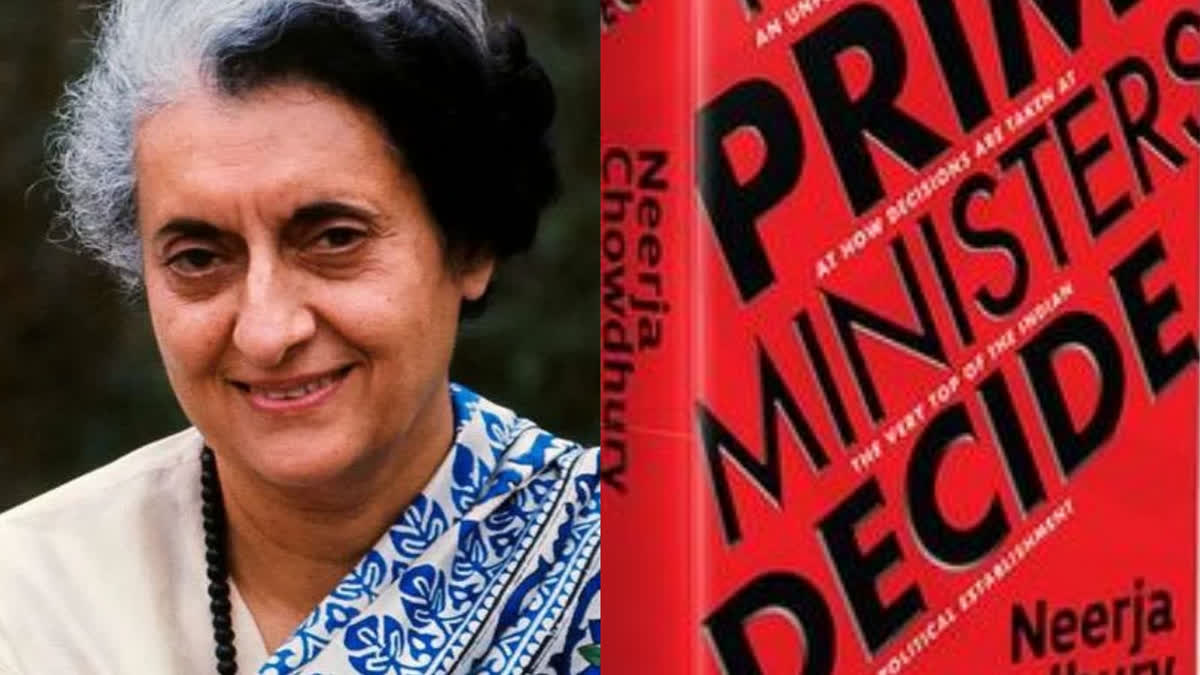New Delhi: Former prime minister Indira Gandhi had good relations with several RSS leaders, and just as the Sangh brass reached out to her for help, she too used it for her purposes but carefully kept a distance between the organisation and herself, claims a new book.
In "How Prime Ministers Decide", journalist Neerja Chowdhury analyses the operating styles of the country's prime ministers through the prism of six decisions of historic significance - the strategy that Gandhi devised to return to power in 1980 post-Emergency, the Shah Bano case, the Mandal Commission, the Babri Masjid incident, Atal Bihari Vajpayee's nod to nuclear tests, and the Indo-US nuclear deal under Manmohan Singh.
The book claims the Rashtriya Swayamsevak Sangh (RSS) had made overtures to Gandhi all through the Emergency. "RSS chief Balasaheb Deoras had written to her several times. Some RSS leaders had reached out to Sanjay Gandhi through Kapil Mohan. Now, in 1977, she would have to see how to respond. But she would have to play this one very carefully," Chowdhury writes.
"Just as the RSS brass had reached out to her for help, she too used the RSS for her purposes - but carefully kept a distance between the organisation and herself. For all her opposition to the RSS, she had managed to get it to support the Emergency. Sensing the unhappiness amongst Muslims about the Congress, she wanted to Hinduize her politics, aware that a silent nudge from the RSS or even a neutral stand by them towards her might help, Chowdhury says in the book.
According to the author, her book is about power and its exercise by those who held the highest public office. The chapters illustrate how the power of the prime ministers played out under majority rule as well as in a coalition government. The book also claims that in 1980, Atal Bihari Vajpayee was trying to secularize his image while Indira Gandhi was trying to Hinduize the face of the Congress.
"The RSS helped Indira Gandhi come to power in 1980," Gandhi's close aide Anil Bali is quoted as saying. "She knew the RSS had supported her but she never acknowledged it publicly. She used to admit privately that had it not been for the support by the RSS, she could not have won 353 seats, one more than she had won in her heyday in 1971," Bali claims. He adds that "increased temple going was not lost" on the RSS leadership.
